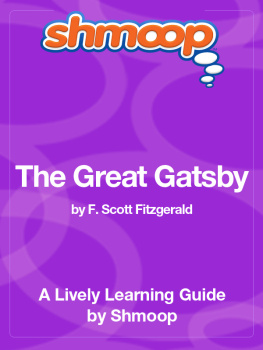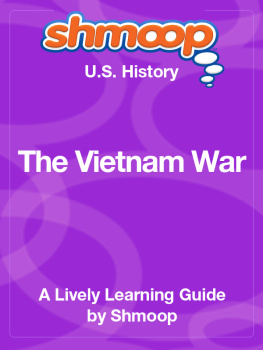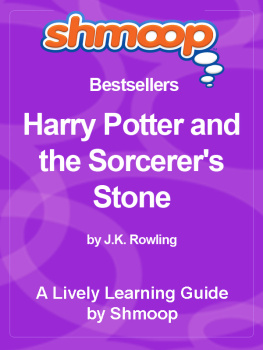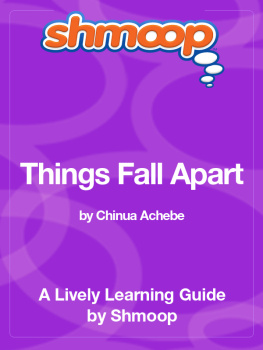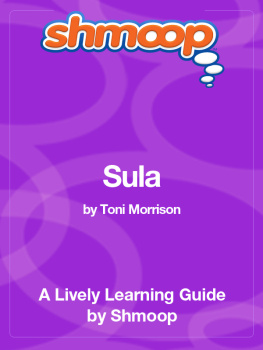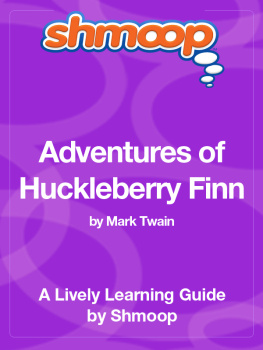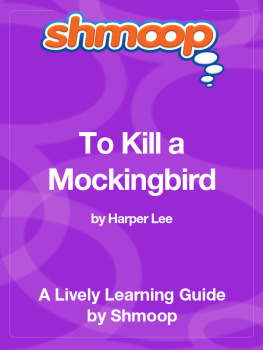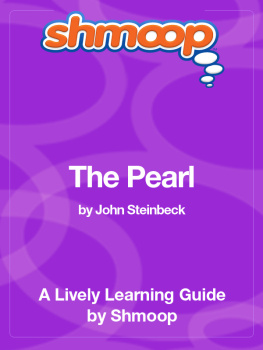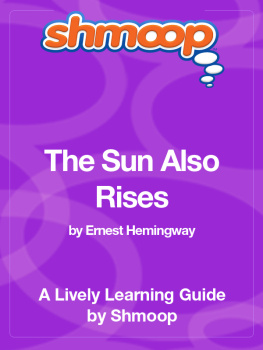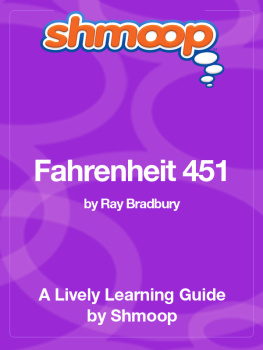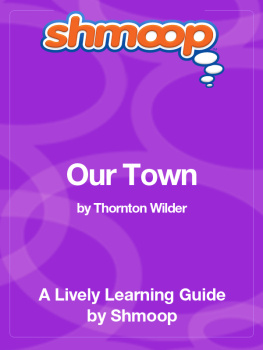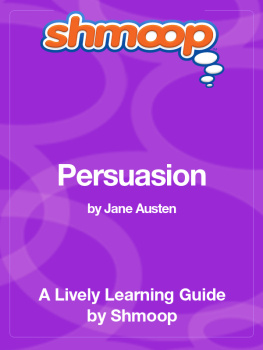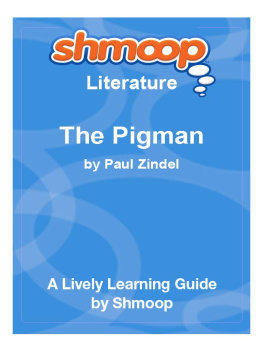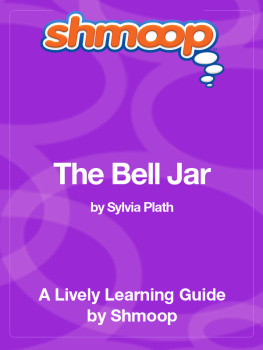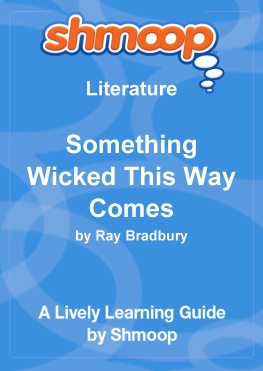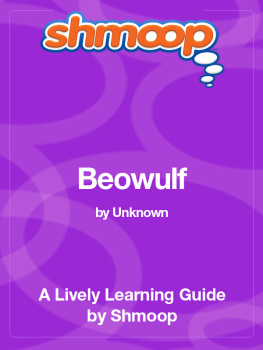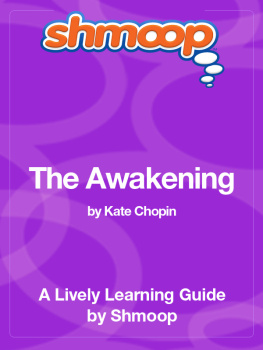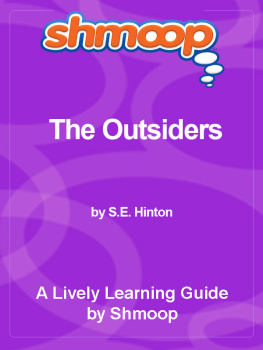Shmoop - The Great Gatsby
Here you can read online Shmoop - The Great Gatsby full text of the book (entire story) in english for free. Download pdf and epub, get meaning, cover and reviews about this ebook. year: 2010, publisher: Shmoop, genre: Art. Description of the work, (preface) as well as reviews are available. Best literature library LitArk.com created for fans of good reading and offers a wide selection of genres:
Romance novel
Science fiction
Adventure
Detective
Science
History
Home and family
Prose
Art
Politics
Computer
Non-fiction
Religion
Business
Children
Humor
Choose a favorite category and find really read worthwhile books. Enjoy immersion in the world of imagination, feel the emotions of the characters or learn something new for yourself, make an fascinating discovery.
The Great Gatsby: summary, description and annotation
We offer to read an annotation, description, summary or preface (depends on what the author of the book "The Great Gatsby" wrote himself). If you haven't found the necessary information about the book — write in the comments, we will try to find it.
Take your understanding of The Great Gatsby by F. Scott Fitzgerald to a whole new level, anywhere you go: on a plane, on a mountain, in a canoe, under a tree. Or grab a flashlight and read Shmoop under the covers.
Shmoops award-winning learning guides are now available on your favorite eBook reader. Shmoop eBooks are like a trusted, fun, chatty, expert literature-tour-guide always by your side, no matter where you are (or how late it is at night). Youll find thought-provoking character analyses, quotes, summaries, themes, symbols, trivia, and lots of insightful commentary in Shmoops literature guides. Teachers and experts from top universities, including Stanford, UC Berkeley, and Harvard have lovingly created these guides to get your brain bubbling.
Shmoop is here to make you a better lover of literature and to help you discover connections to other works of literature, history, current events, and pop culture. These interactive study guides will help you discover and rediscover some of the greatest works of all time. For more info, check out http://www.shmoop.com/literature/
Shmoop: author's other books
Who wrote The Great Gatsby? Find out the surname, the name of the author of the book and a list of all author's works by series.

